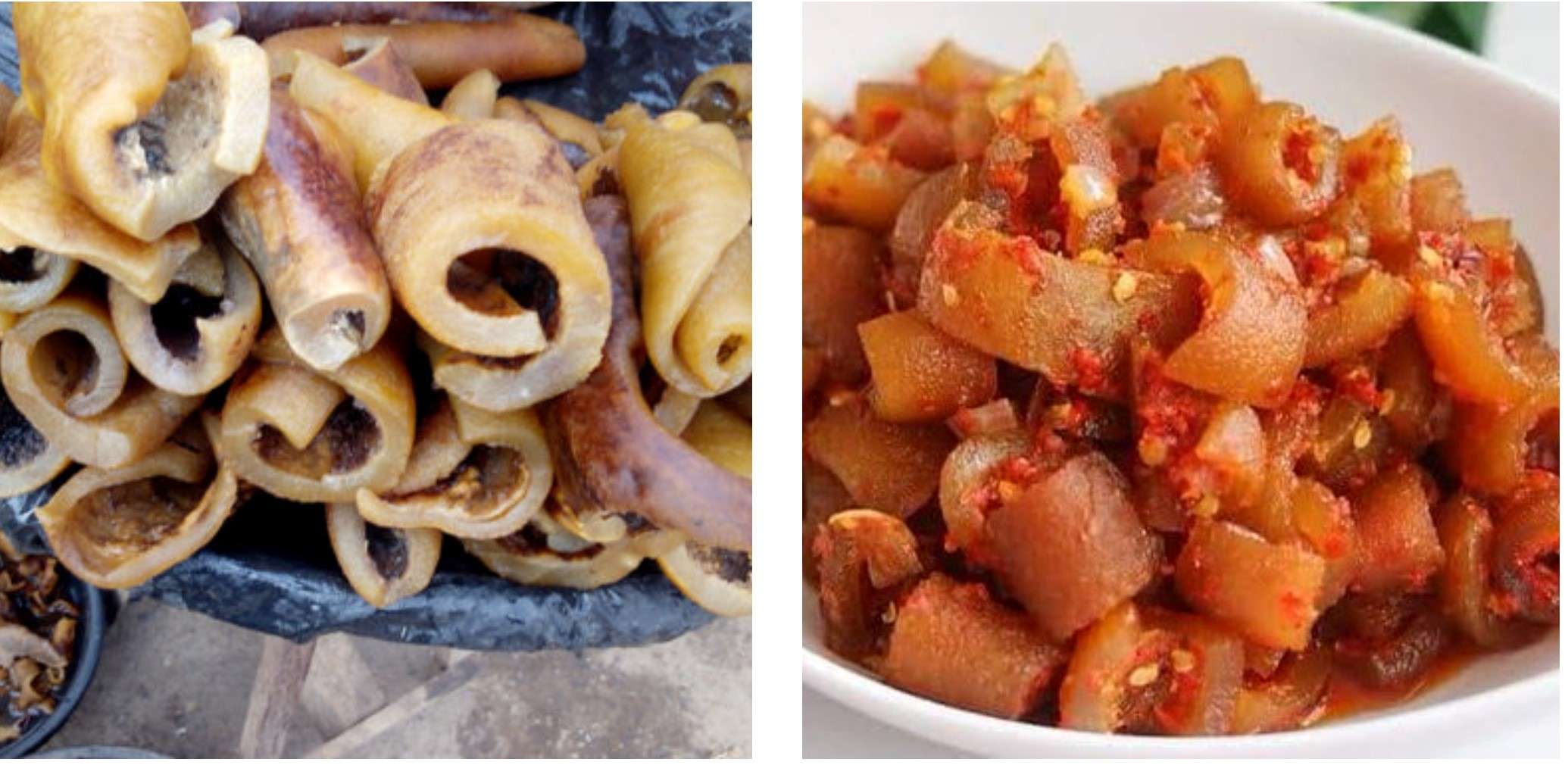Our reporter
The Nigerian government, through the Nigerian Institute of Leather and Science Technology (NILEST), has announced plans to establish mini tanneries in all 36 States to bolster leather production and reduce the consumption of hides and skin, locally known as “ponmo.”
According to Mohammed Yakubu, the director-general of NILEST and chair of the National Leather Policy Implementation Committee, these mini tanneries are expected to address the country’s limited capacity for processing animal hides, transforming them into valuable leather for both domestic and international markets.
In an interview with the News Agency of Nigeria (NAN), Yakubu explained that leather, a significant national resource, has the potential to create employment opportunities and generate foreign exchange if adequately supported.
At one time, Nigeria had 84 active leather industries, some with operations extending into Europe. However, these industries collapsed due to inadequate infrastructure, particularly unreliable power, which consumes over half of the sector’s production costs.
Yakubu emphasized that the new mini tanneries will help address this infrastructure gap, allowing more industries to process hides and skin rather than seeing them used as food.
“If we stop eating ponmo, there will be sufficient hides and skins for leather production,” Yakubu noted. “In Lagos State alone, around 100,000 cows are slaughtered daily, but only a fraction of the skins are processed by the existing 48 tanneries.”
The establishment of these mini tanneries is expected to help mop up excess hides and skins, which are currently underutilized in leather production. By processing one to five tonnes of leather weekly, each cluster can support the Nigerian leather industry’s revival while providing employment and promoting local economic development.
As the implementation committee pushes for government concessions like affordable power for the leather industry, the goal is to position Nigeria as a competitive player in the global leather market alongside countries like China, Brazil, and India.
The effort to expand tanneries nationwide, according to Yakubu, will also serve as an interim solution for those whose livelihoods depend on the ponmo trade.
The mini tanneries mark a critical step in reviving Nigeria’s leather industry, providing opportunities for skill development and increasing the sector’s global footprint while supporting the national policy aimed at reducing the consumption of animal hides as food.
Get a premium automobile insurance coverage for your vehicle for as low as #15000 only and claim up to #3,000,000 in damages @Zenith Insurance To signup: WhatsApp/Call: +2349028313757







